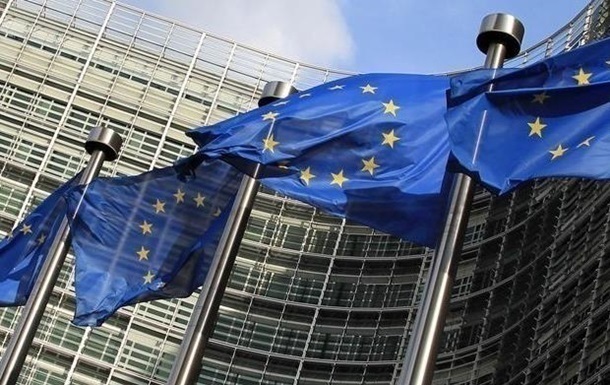
Majority of EU population supports enlargement – survey
Around two-thirds of respondents aged 15-39 believe that (potential) candidates should join the EU as soon as they fulfil the necessary conditions.
EU citizens support further EU enlargement, with opinion polls in candidate countries indicating general support for EU accession, according to a recently published special Eurobarometer survey.
It is reported that 56% of EU citizens support further EU enlargement. Support is particularly high among young people: around two-thirds of respondents aged 15-39 believe that (potential) candidates should join the EU as soon as they fulfil the necessary conditions.
A majority (56%) also believe that their own country would benefit from future EU enlargement. The most widely recognised benefits include a stronger global influence, a larger market for EU companies, more job opportunities and greater solidarity and security.
At the same time, respondents express concerns about migration, corruption and crime, as well as the financial costs of enlargement. They underline the importance of ensuring that candidate countries uphold the rule of law, fight corruption and protect fundamental rights, which are essential elements of a credible and merit-based accession process.
67% of citizens say that they are not sufficiently informed about enlargement. The European Commission is committed to raising public awareness by providing clear and accessible information and by engaging with citizens across the EU.
The results show that EU citizens, and especially young people, support enlargement. The Eurobarometer sends another clear signal: people want a credible, values-based process driven by real reforms. Together with Member States, we will engage directly with citizens, address their concerns and demonstrate how enlargement delivers peace, prosperity and a more united Europe,” said EU Commissioner for Enlargement Marta Cos.
Polls show overall support for EU accession in the Western Balkans, with the exception of Serbia. Support for EU accession is notably high in Albania (91%) and North Macedonia (69%), with citizens expecting benefits such as improved quality of life and open borders. Serbia, on the other hand, shows the lowest support for EU accession in the region at 33%. In the Eastern Neighbourhood, candidate countries Georgia and Ukraine lead the way with 74% and 68% support for EU membership respectively. Overall, enthusiasm for EU accession remains strong, but is influenced by the specific economic and geopolitical challenges of each country.
In the Western Balkans, the positive image of the EU is highest in Albania (82%), where citizens appreciate the EU’s support for economic development and anti-corruption efforts. Meanwhile, the EU’s image in Serbia (38%) is driven by low levels of trust. In the candidate countries of the Eastern Neighbourhood, the EU’s image is also less than ideal: Moldova (55%), Ukraine (49%) and Georgia (43%).
Overall, the EU’s image is generally more positive in the Western Balkans than in the countries to the east of the EU, with the exception of Serbia, the European Commission acknowledges. Low levels of awareness of the European Union and enlargement policy are a common problem for all candidate and potential candidate countries, with a significant proportion of citizens feeling poorly informed. Only 48% in Moldova and 39% in Montenegro consider themselves “well” or “very well” informed, while in Ukraine these figures have fallen to 23% and to 20% in Serbia. This points to the need for more active, more locally adapted EU communication efforts.
In Turkey, 50.7% of citizens report a positive attitude towards the EU, but only 40.6% consider themselves well informed about the EU and its policies. Support for EU membership is 49.9%. According to respondents, the main obstacles to Turkey’s accession remain the lack of political will, shortcomings in the rule of law and widespread corruption.
The survey was conducted between February and March 2025 among more than 26,300 citizens in the 27 EU Member States. Perception surveys were conducted in Albania, Bosnia and Herzegovina, Kosovo, Georgia, Moldova, Montenegro, North Macedonia, Serbia and Ukraine. A sample of 1,000 people was selected using a two-stage stratified sampling method; and face-to-face interviews (CAPI method) were conducted from May to June 2025.

